Every year we welcome a group of students and recent graduates to our three-month summer internship at Cambridge Intelligence. Below, Cambridge University graduate, Oscar Chen shares his experience.
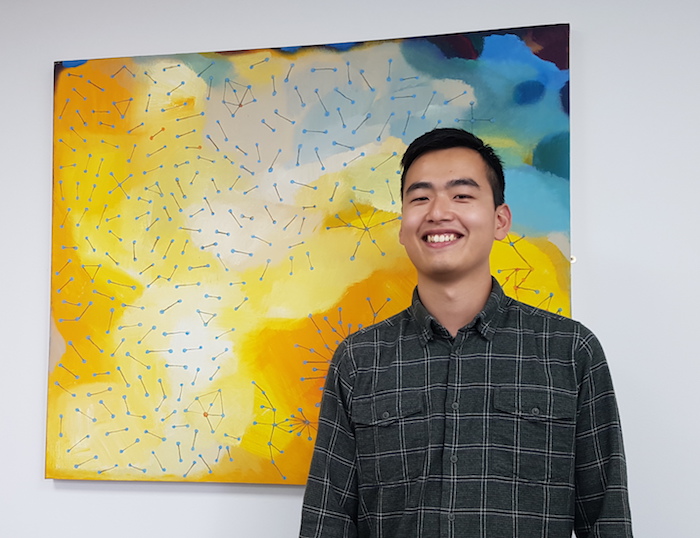
About me
In my final year at Cambridge University, I took a course in graph theory which ended up being one of my favorites. I had planned to move back to London after graduation until I came across the Cambridge Intelligence internship program and decided to apply. The stars aligned and I was accepted. What better way to learn more about graph theory than at a leading graph visualization company?
Being a maths graduate, I thought that I might not have been a suitable candidate for the internship. I was surprised to discover how much maths is actually behind KeyLines – the graph visualization toolkit developed by Cambridge Intelligence.
What’s the work environment like?
With the technology industry’s rapid pace, I’ve heard it can be stressful working at a software company, especially big ones. This is one of the reasons I chose to work at Cambridge Intelligence. Although the environment is fast-paced, it’s not high-pressure. Deadlines are set but people aren’t having to burn the midnight oil to reach them.
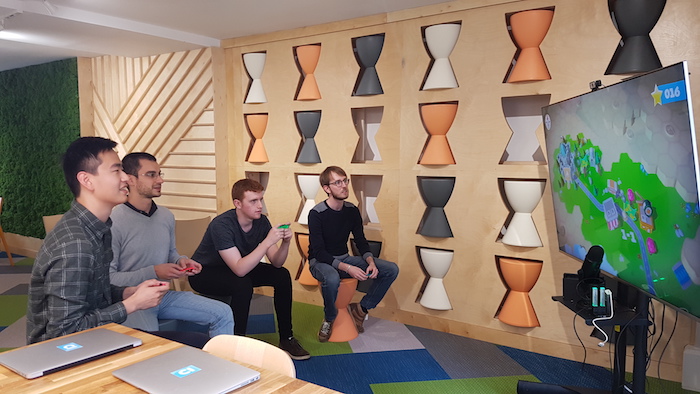
The smaller size of the company also means there’s more transparency and individual input. As a member of the development team, I’m directly involved in the creation of KeyLines – not merely working on a small component of it with no understanding of how my contribution fits into the bigger picture.
What kind of work do you do?
I’ve primarily done a lot of pairing work with Augustin, a fellow intern, on automated performance testing. Pairing is an agile software development technique where two programmers work together on a project. I’d never done pairing before and found it really effective for sharing knowledge and bouncing ideas off one another. For example, if Augustin is more familiar with a framework or database, he’ll share his insight with me and vice versa.
My biggest highlight from a developer’s point of view has to be when we first managed to get the automated performance testing running. I felt a sense of accomplishment pressing the “go” button and seeing it work.
I didn’t have any JavaScript or coding experience when I joined, but I was really keen to learn. Being at Cambridge Intelligence has taught me how to be a software developer, and now that’s the career path I’m going to follow.
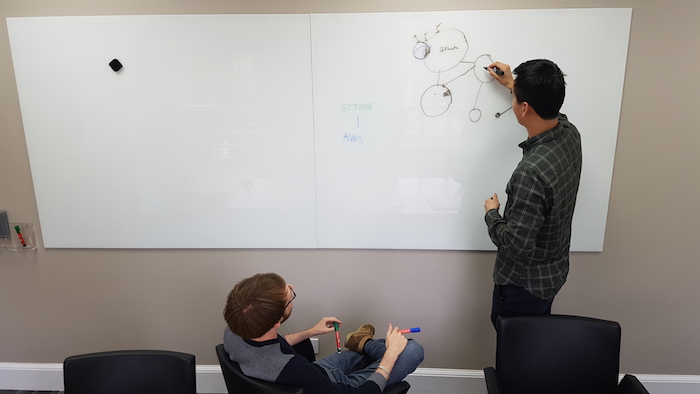
I’ve done a great deal of learning on the job by working with JavaScript, React, Node, TypeScript, Redux, and KeyLines of course. Although KeyLines is mostly used to uncover insight for important issues like detecting different kinds of fraud, performing law enforcement investigations and understanding cyber security threats, it can also be used for more light-hearted projects like predicting the winners of the 2018 FIFA World Cup.
I recently created a quick demo showing the Google Play Store as a graph by connecting similar apps to each other. The nodes represent the app and the glyphs show the rating of the app. It could be used as a recommendation tool for Google Play Store users to find apps based on their previous downloads. It might not be as critical as using KeyLines to detect credit card fraud but at least it gives you an idea of KeyLines’ different use cases.
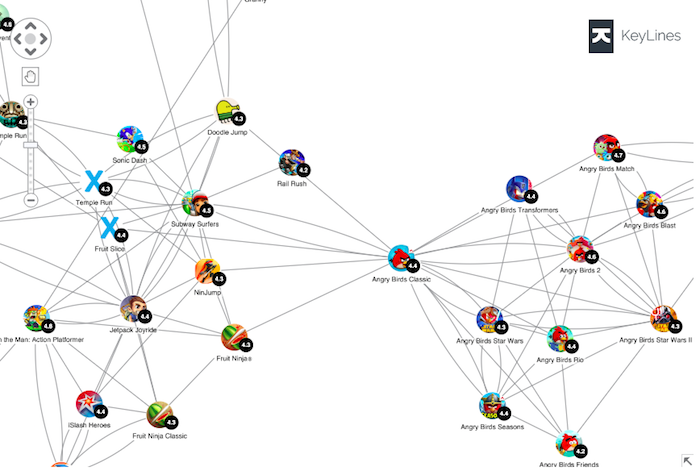
What are the people like?
If you have a question about something, it’s highly likely that someone will know the answer. Everyone knows their stuff! The environment is quite laid-back and the people are very friendly so I never felt afraid of reaching out for help. There’s also a great work-life balance. Although we work hard on KeyLines, we also have monthly team lunches, socials, and birthday celebrations.
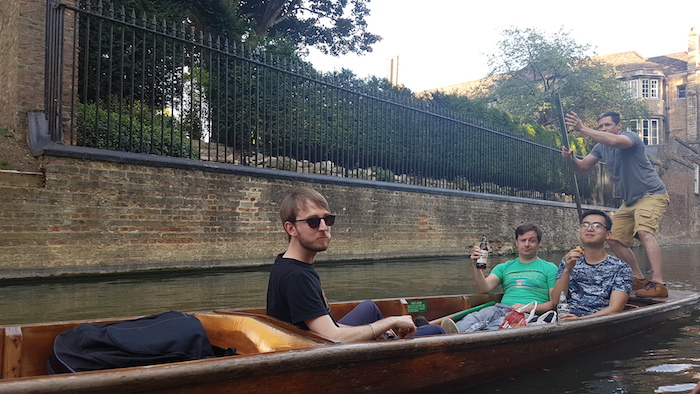
Would you do it again?
The short answer is yes, I would definitely do it again. During my time here, I’ve discovered how powerful KeyLines is, way more powerful than I originally thought. It’s an impressive piece of software and I can leave my internship knowing that the work I’ve done has been implemented into the product.
Besides working on world-class technology, I’ve learned a great deal, met some awesome people and have a clearer idea of the career path I want to follow. The people are helpful, the intern program is well thought out, and it’s an overall great experience. So what are you waiting for? Apply!


